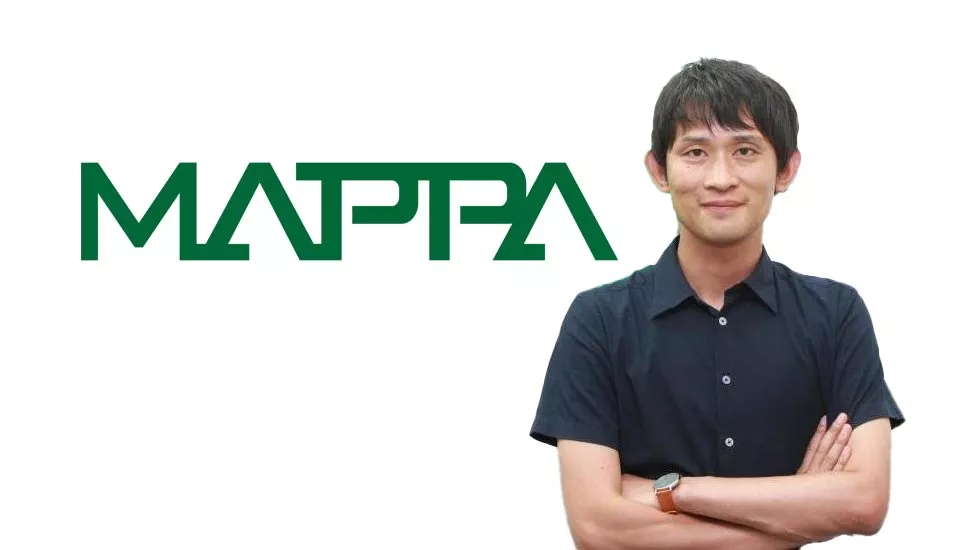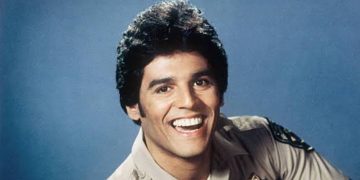The anime industry is renowned for its demanding schedules and high expectations. Studio MAPPA, celebrated for producing hits like “Jujutsu Kaisen” and “Attack on Titan,” faced significant challenges during the production of “Chainsaw Man.” Reports have surfaced highlighting the intense working conditions endured by the staff to meet tight deadlines.
The revelations paint a troubling picture behind the scenes. While “Chainsaw Man” received critical acclaim for its animation quality and storytelling, the cost on the team was considerable. With grueling timelines and limited breaks, staff members worked through exhaustion to bring the project to completion.
Struggles Inside the Studio Walls
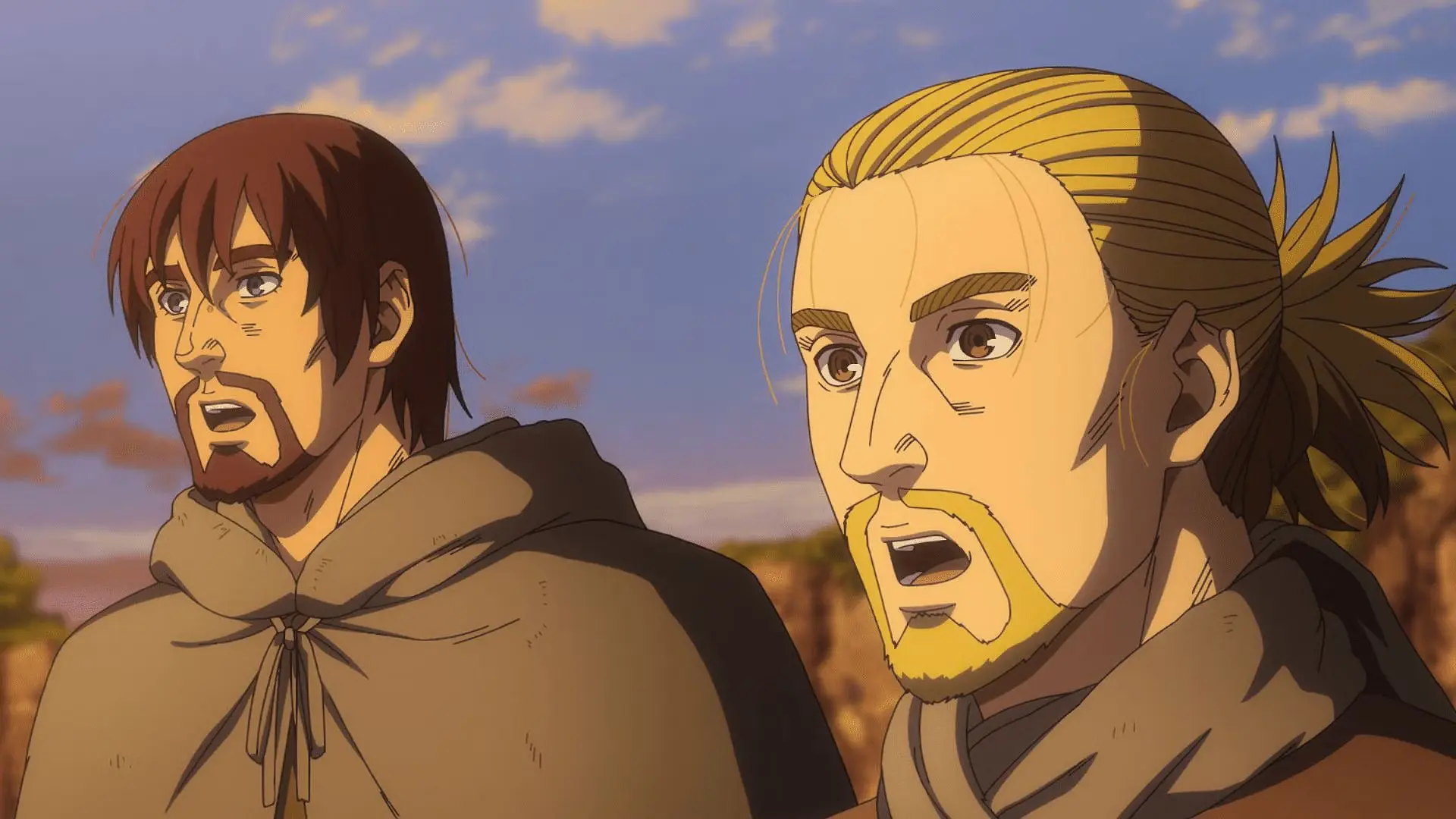
Animator Shinsaku Kozuma, known for his contributions to “Jujutsu Kaisen” and “Chainsaw Man,” spoke candidly about the situation. In a now-deleted social media post, Kozuma disclosed that the production’s timeline was so short it was “not something to talk about with others.” He noted the final result was not the version they had truly envisioned.
His message pointed to deeper compromises made during production due to tight deadlines and overwork. This wasn’t just about the final product but about creative fulfillment. The compressed schedule forced staff to prioritize efficiency over creativity, leaving many disappointed in the process despite the anime’s visual brilliance.
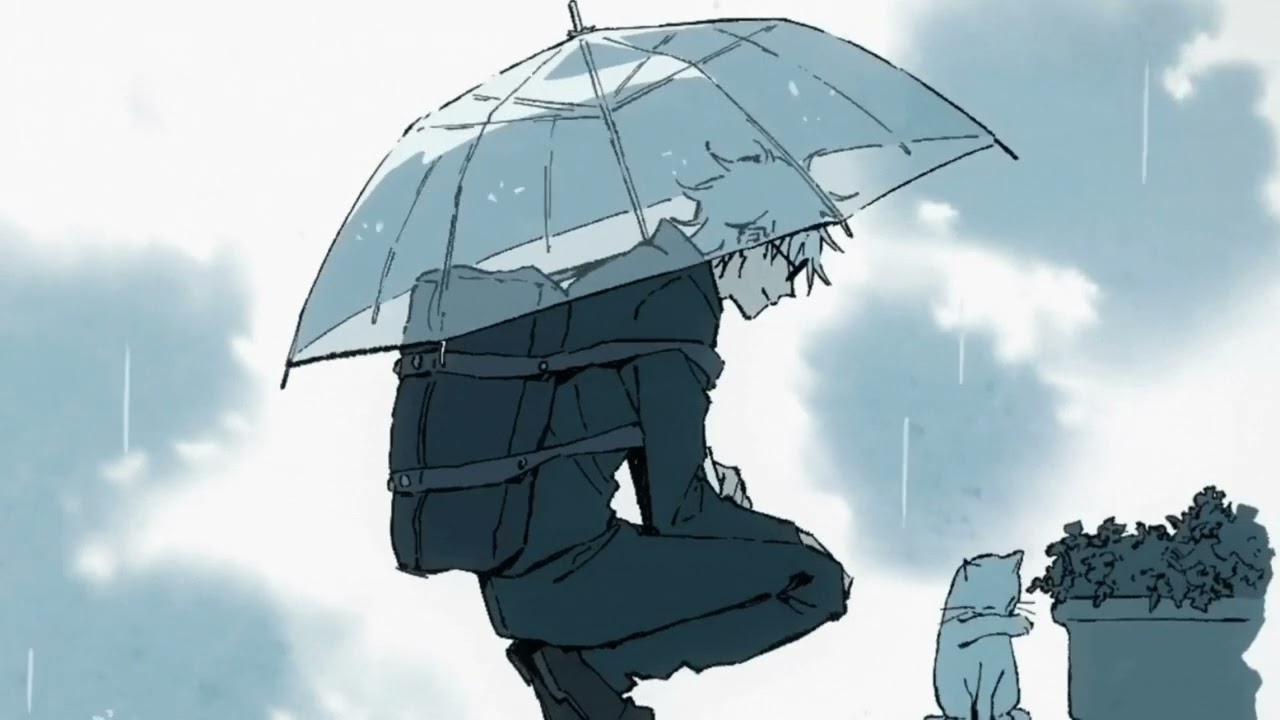
To address growing concerns, MAPPA made moves to improve work conditions, particularly by revisiting staff compensation. Competitive salaries and expanded benefits were introduced in an effort to support animators and prevent burnout. Staff were offered productivity bonuses, vacation days, and support for family care, placing MAPPA ahead of some rivals.
Their starting monthly salary was also increased significantly, a move that garnered attention across the industry. These enhancements were seen as a positive step toward acknowledging the hard work of animators, but the core issue of unsustainable schedules still remained a major concern among insiders.
A Director’s Mission for Change
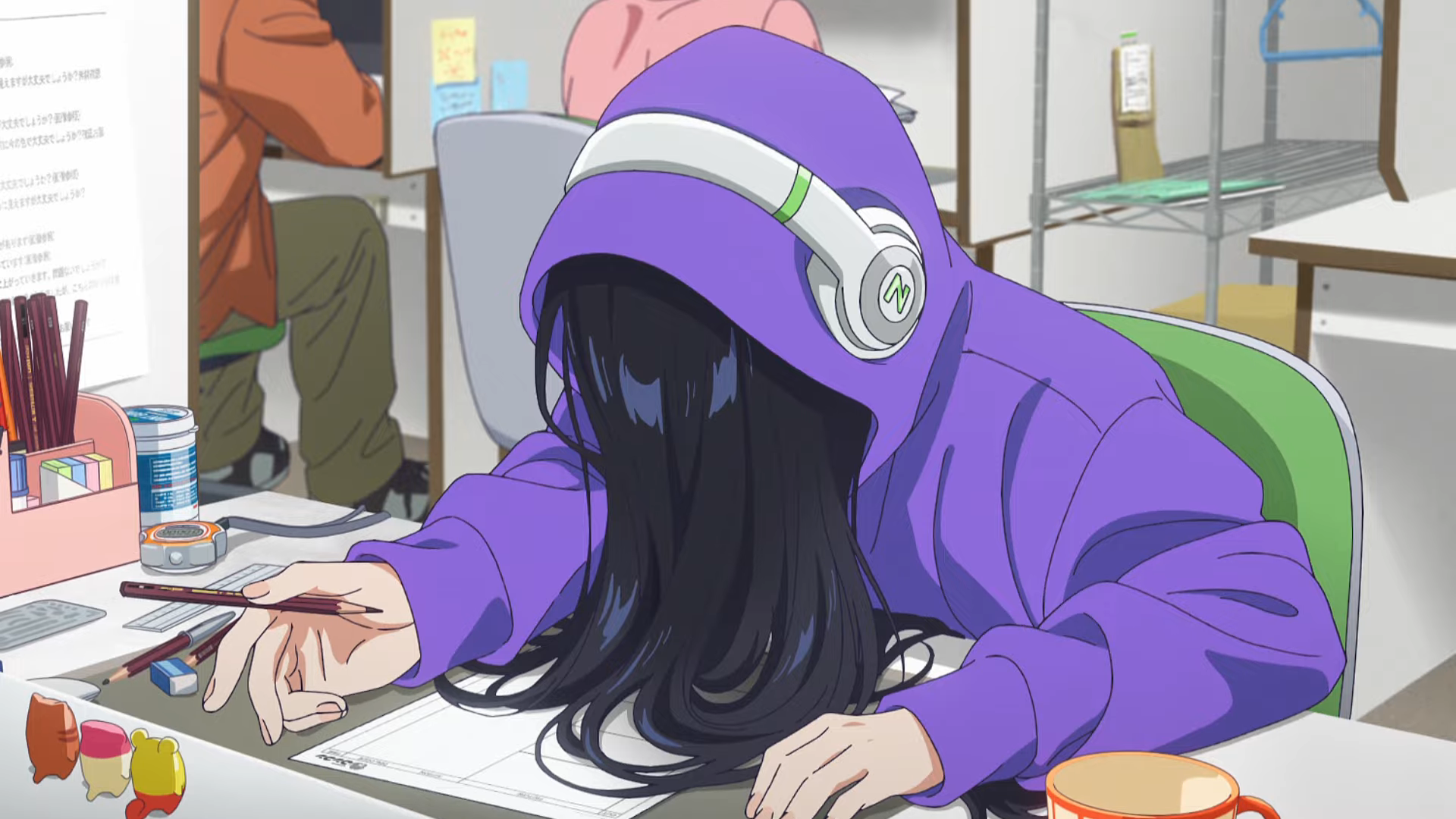
Director Ryu Nakayama, who led the production of “Chainsaw Man,” also spoke up about the pressure-filled environment. He expressed a commitment to creating a better workplace for young animators. Nakayama emphasized the need for a production structure that allowed for a healthier balance of time, money, and creativity.
Shortly after the anime’s release, Nakayama announced his departure from MAPPA. He launched his own studio, Andraft Co., Ltd., with the stated aim of building a new framework for animation production. His vision was clear—he wanted to make high-quality content without subjecting animators to excessive pressure.
Nakayama’s move represents a broader reckoning within the anime industry. As production demands continue to increase with global popularity, there is growing concern about whether current working models are sustainable. Studios are now being pushed to adapt and reform from within before talent burnout becomes irreversible.
Andraft stands as an example of how some creators are choosing to break away from traditional models. Nakayama’s initiative to support both creativity and human well-being may inspire other leaders to do the same, fostering a new era of thoughtful production methods in anime.


